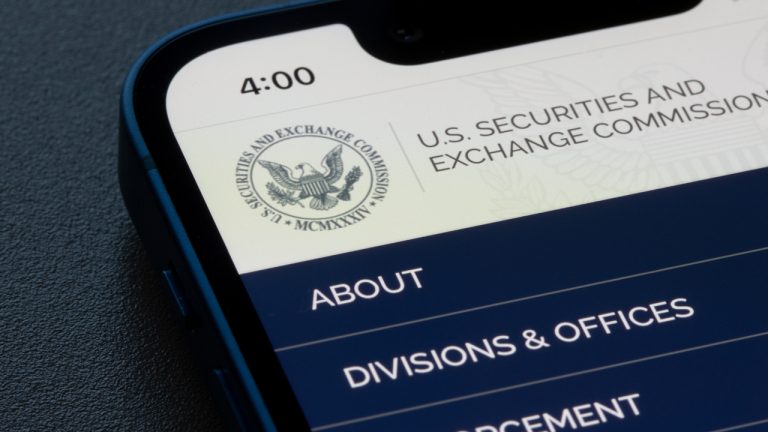
Animoca Brands became the biggest validator of the TON blockchain in 2023, banking on the network effect of Telegram’s 800 million users to drive GameFi adoption.
Animoca Brands co-founder Yat Siu is confident that a number of investments and partnerships could prove fruitful in 2024 as mainstream institutional interest in Bitcoin (BTC) gathers steam.
Speaking exclusively to Cointelegraph at the Next Block Expo event in Berlin, the chairman of the gaming venture capital firm highlights some 70 investments made in 2023 that are expected to deliver results next year.
Related: Animoca eyes SportFi ecosystem, becomes Chiliz Chain validator
Chief among these is a high-profile partnership with The Open Network (TON) blockchain, which was announced on Nov.
“We actually think that’s a tool for mass onboarding with TON wallet. What’s not to be excited about?”
Siu also said that Animoca’s acquisition of the social casual gaming platform Gamee in July 2020 is set to capitalize on its growing presence as a gaming platform on Telegram.
“There were no advertising and in-app purchases, and nothing was allowed in Telegram until recently with the integration of TON.












